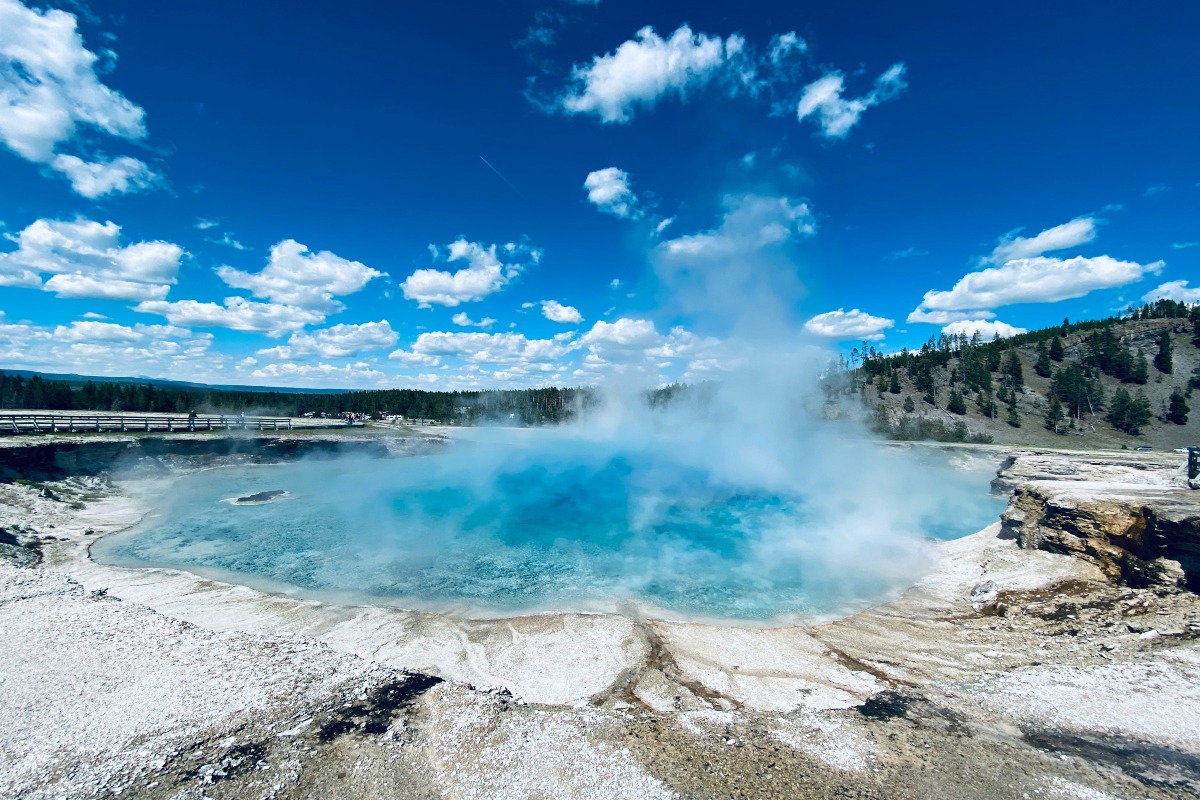The Lakota People’s Law Project has unveiled a program called The Sacred Defense National Parks and Monuments Initiative. This program invites visitors to America’s national parks and monuments to donate voluntarily to Native American tribes whose ancestral lands these sites occupy. Launched on July 4, the initiative aims to address the historical injustices Indigenous communities face. The program will also provide them with much-needed financial support.
What Is The Sacred Defense National Parks And Monuments Initiative?
The Sacred Defense National Parks and Monuments Initiative wants to bridge the gap between enjoying national parks and recognizing their cultural and historical significance to Native American tribes. At the forefront of this movement is the Lakota People’s Law Project. This organization is well-known for defending Indigenous peoples’ rights and sacred territories. Their goal is to empower Native communities and educate the public about the true history of these lands. Visitors to national parks and monuments can now easily donate to the Indigenous tribes associated with these lands.
The program has made it straightforward for travelers to contribute by selecting their destination from a list of 14 initial national parks and monuments. This list includes popular sites like Yellowstone, Grand Canyon, and Yosemite. Every year, the participating tribes get a portion of the money collected through the program’s official donation page. The Lakota People’s Law Project intends to expand this program annually to include all U.S. national parks and monuments. This extension will incorporate all tribal nations linked to these places. On top of that, it will assure nationwide support for Indigenous people.
Potential Impact And Benefits Of The Program
The Sacred Defense National Parks and Monuments Initiative is anticipated to significantly affect Native American communities in addition to preserving national parks. The initiative’s long-term plans are to preserve Indigenous cultures while also assisting in the elimination of long-standing economic imbalances. These contributions can meet many communal needs, such as healthcare, education, and the preservation of holy places.





